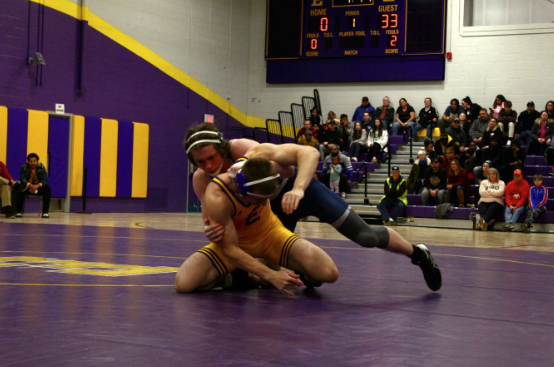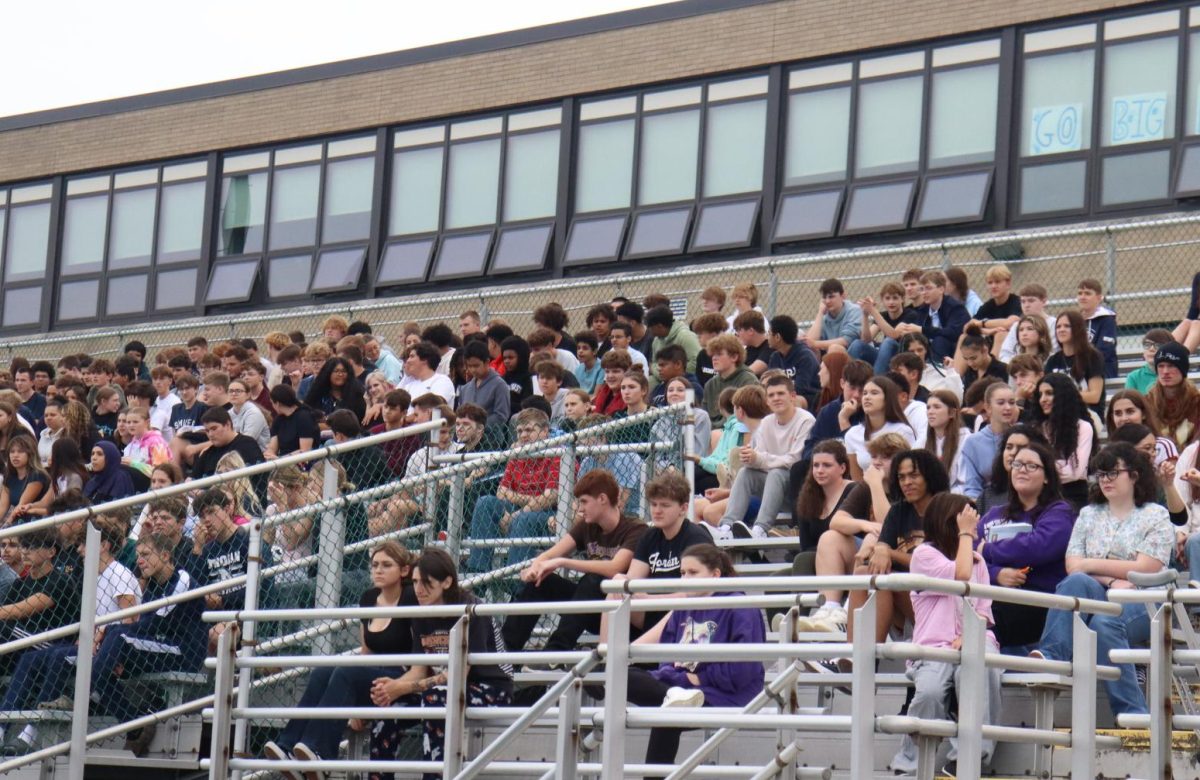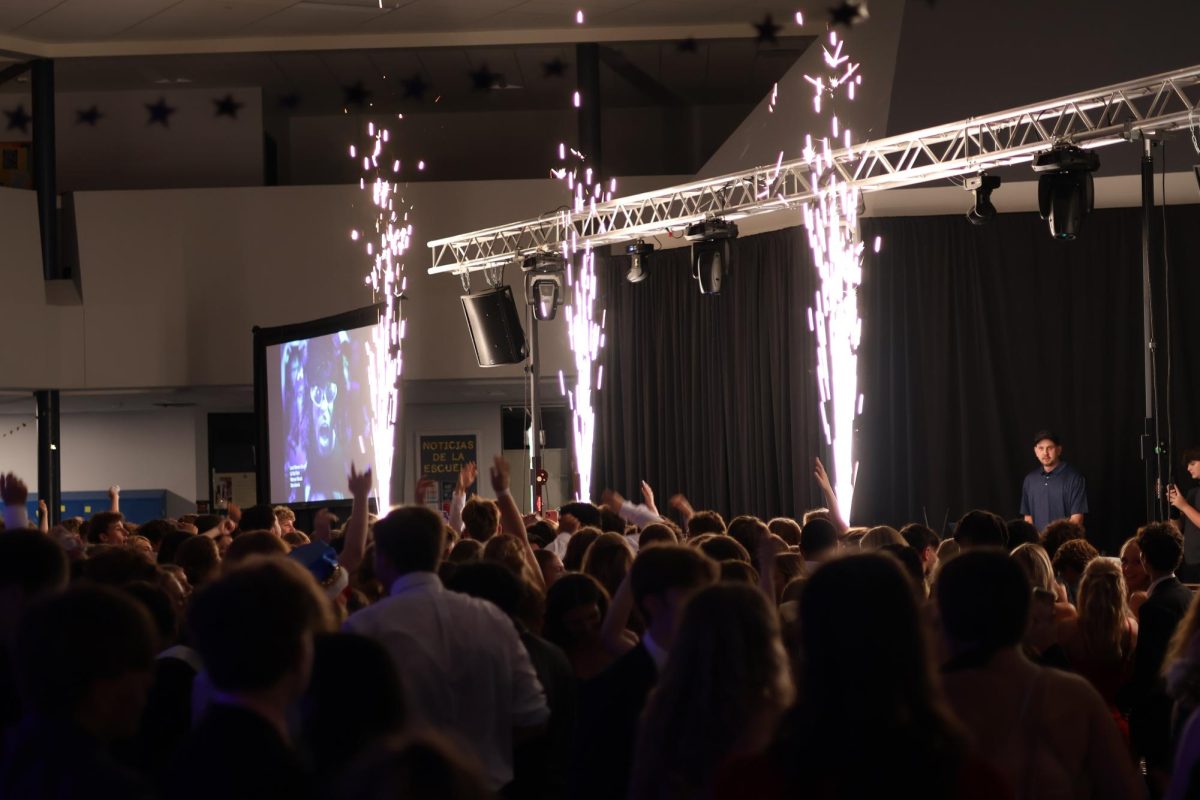Romance has drastically changed since the turn of the 21st century. In fact, social media seems to be a major contributor to making love seem stale or overdramatized nowadays. Now that we have access to so many different forms of communication through social media, it is so much easier to portray romance in the most unrealistic, unoriginal or unattainable ways.
Social media has opened a huge black hole of internet connectedness that seems easier for teens to
bond with strangers behind the screen than in person. So many people use dating apps to find a “perfect match” rather than actually meeting someone incredible in person. Dating apps advertise that a simple swipe right could lead to your future partner for life, but deeper personal interaction has been replaced by surface level media interactions.
Anyone can put on a fake face on their profile and seem interesting online, but once two people are
finally together in person after talking through a phone the entire time, it becomes difficult to come up with conversation on the spot. This is where social media interferes with the practice of romance.
It seems flowers and chocolate have been replaced by likes and followers.
Snapchat, for example, is where most relationships between teenagers start – and end – relatively
quickly. Someone may add you and start sending you quick “snaps,” and from there, a connection starts. You may start snapping this person with quick, witty, one-lined conversations, and find them quite attractive, but you don’t fully know this person. Gen Z has started labeling this as a “talking stage,” except this label is misgiving. It’s not talking, at least not technically. Being able to communicate over the phone gives a person time to perfect their reply. You can’t put a person on the spot. They are able to think before they respond, edit it or even use A.I. You don’t have the advantage of knowing what this person is actually like or how they really act.
Other new terms have also been introduced into the online world of romance. Terms like “situationship,” “soft launch” and “rosters” are all new terms used by Gen Z to describe their relationship statuses. Using these terms to describe connections between two people has seriously downgraded the practice of romance.
Referring to someone as a “talking stage” or “situationship” swaps a living, breathing, emotion feeling human, for someone, like a phone, that you can pick up and put down whenever you’d like.
There is also some confusion when it comes to “dating.” While some use the term to describe the act of going on dates, others use it to refer to actually being in a relationship. This gets even more confusing if there was never a date to begin with, only talking through the phone and snapping back and forth. Teenagers seem to prefer the quicker and easier way of starting a relationship than taking it slow and enjoying the small romantic steps that lead to an eventual commitment. Confusion then starts on both sides of a relationship as to what stage they are in.
Communication is one key factor of making a relationship work. For example, staying mad at a partner who has no idea what is troubling you gets the relationship nowhere and only causes more turmoil. It can cause trust issues on both sides, too.
A more noticeable problem in modern relationships is lack of effort. I’m not saying that in order to
preserve a relationship you need to perform a grand gesture, but in order to make your partner feel
known and loved, you should dedicate time and effort to them and their interests. It could be as simple as taking them somewhere you know they enjoy or remembering their favorite type of snack. Even hand-made gifts hold just as much value to a person because it shows a relationship level of interest.
It is important to remember that antiquated forms of love weren’t always as perfect as older generations and movies make them out to be, but old romance still held the title for being the most heartwarming and sincere. It is worrying to see just how much the prospect of love and relationships have changed in this era. It is my hope that these new-gen relationships will find their way back to flowers, poems and chocolate even if it’s through live streams, texts and snaps.






